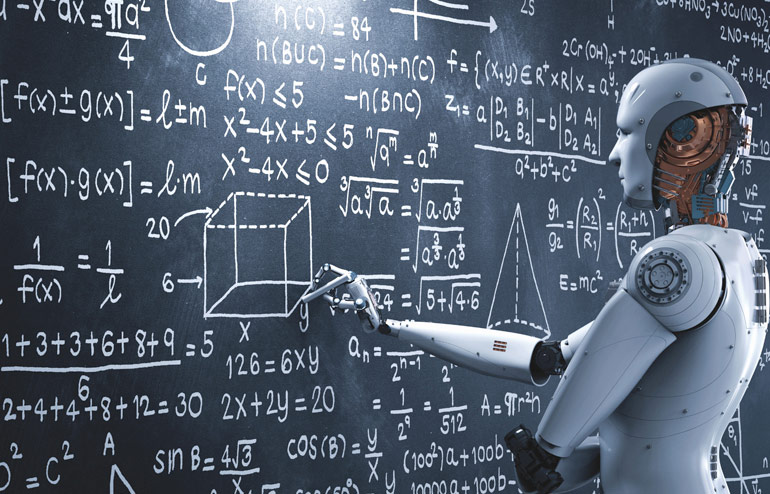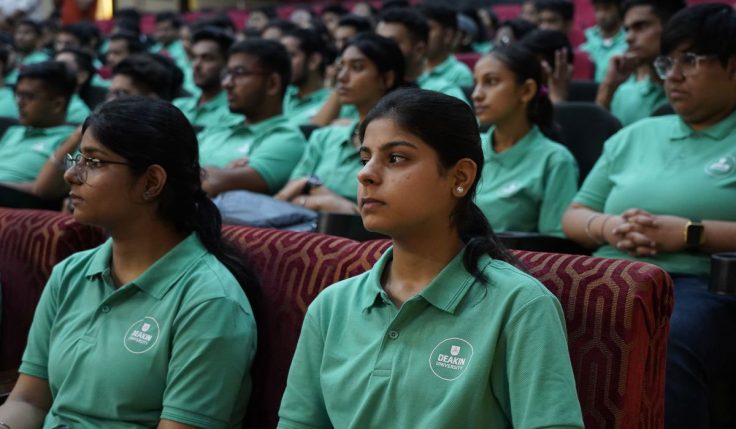AI Transformation in Education: Today’s campuses and learning environment are very different from the past. The relationship between students and teachers is disparate as compared to the past. Global trends and global structures are being followed instead of localized ones. Innovative means of learning that get introduced in one part of the world get seamlessly translated into evolved means and methods in another part at hyper speed. Information is omnipresent in this connected world. For the educators, possessing a knowledge isn’t enough.
Introduction to AI Transformation in Education
Students expect teachers to enable them by helping them understand concepts and interpret that knowledge. The structured environment of teaching-learning and the exposure has been powered by technological innovation owing to the cost-effective access to the technology. There have been technological advancements in the past decade in education but the opportunity to aid learning with artificial intelligence (AI) has exploded in the last year. COVID pandemic has taught the world to adapt in ways that no one had fathomed a year back. As for education what took centre stage was AI and digital adoption.
AI has the capability to analyse big data, spot trends, develop insights and help make data driven decisions. It can process copious amounts of data quickly and can give recommendations on personalized learning, smart content, and trends. It is based on technological principles of big data, machine learning, neural networks, cognitive computing. The advances in AI are now capable of identifying emotions, predicting weather patterns, facial recognition, and much more. As for education, modern AI intelligence platforms give some key advantages. In the evolution curve of harnessing AI abilities there are four levels to which most educators are tapping into this potential. One educators are harnessing its power by making administrative tasks more efficient. AI Level two educators are looking at upskilling their current capabilities. Level three are the ones that are utilizing AI for the adaptive learning and personalization needs of their students. Level four are the ones that are looking at inclusive learning.
Digital Transformation Education in terms of AI
At a very simplistic level, AI level one educators are able to efficiently utilize its core capabilities to do administrative tasks. Through AI many educators now-a-days are using big data for student selection, automating repetitive tasks, solving basic queries through AI assistants and chatbots. This frees up the time for educators to focus on student learning and academic research.
AI level two educators are utilizing AI to comprehend and enhance their worldview. They are using to test their research hypothesis by crunching heaps of data in a snap. This allows them to create learning models and test new theories in an efficient manner and contribute more effectively to the academic research environment.
Third level AI educators are changing the face of education and impacting the future of education through personalization techniques aided with AI. Artificial intelligence algorithms allow for rapid learning about the effectiveness of various teaching methods and about individual learning behavior. One of the big advantages of data analytics is that powers AI for personalized learning. The best learning method is the one that incorporates a variety of teaching methods and respects individuality. Equipping educators with AI helps them understand students’ perspective better. Some AI-led tools like Beacon help understand student sentiments and emotions and allow the educators to help their students cope better.
AI Education
Our constitution gives everyone the right to education. Providing and implementing the same is easier said than done in a diverse land like India. Inclusiveness and equality are the basic moral principles our country functions upon. Few educators are touching this fourth level. Critical factors such as how the technology and information is presented, for what community, with what levels of skills, and diverse motivations. The use of AI-based tools allows AI level four educators to simulate and actively introduce inclusive learning models for people with learning difficulties, disabilities and low economic strata. AI is a great equalizer to reach and enhance skill level of disadvantaged groups in a more equitable way. Edtech sector of India is trying to make some great technological advancements in this area but it is upon educators to utilize these cognitive, adaptive algorithms to draw an understanding of these patterns to help the vulnerable.
Increasingly, AI is penetrating and enabling improvements in higher education. The next stage of transformation is around the corner. We are transitioning from an AI-enabled world into an AI-led world. The implications of this will fundamentally impact the way education is. The next wave of AI advancements will include developing characteristics like creativity and curiosity. For this, multi-disciplinary research needs to be conducted. Most research in the tech sector is around technological tools and superior algorithms. Much work still needs to be done by bringing together communities of educators and experts like psychologists, anthropologists, etc. to develop emotionally intelligent AI systems. Opportunities are immense. It is upon us what we create and how we utilize these intelligent systems and interact with them to improve outcomes in the field of education.
You should check out about the Courses Offered By Chitkara University on AI:






